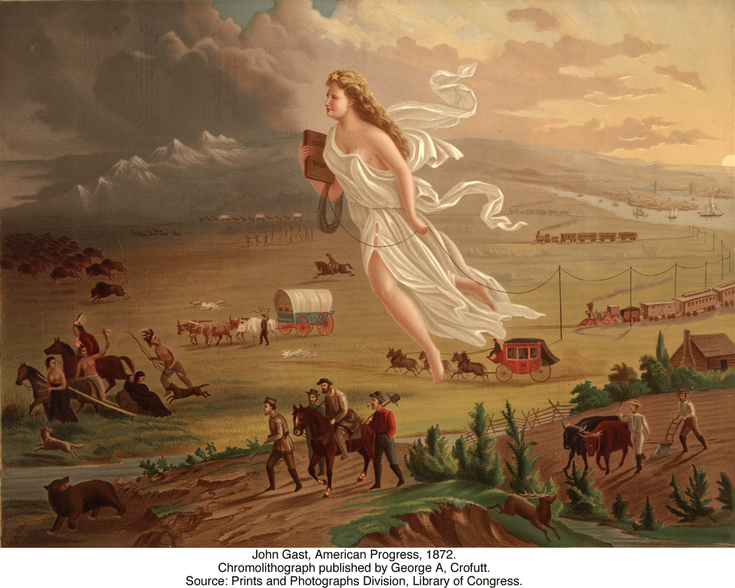reply to u/FusRoDaahh at https://www.reddit.com/r/commonplacebook/comments/188j2xt/getting_over_the_fear_of_perfection/
I had this problem too, but eventually switched to keeping my commonplace entirely on index cards, which also allows me to move them around and re-arrange them as necessary or when useful. (It also fixed some of my indexing problems.)
The side benefit is that if I botch a single card, no sweat, just pull out a new one and start over! If you like the higher end stationery scene afforded in notebooks, then take a look at Clairfontaine's bristol cards from Exacompta which are lush and come in a variety of sizes, colors, and rulings. (They're roughly equivalent to the cost per square meter of paper you'll find in finer notebooks like Leuchtturm, Hobonichi, Moleskine, etc., though some of the less expensive index cards still do well with many writing instruments.) Most of their card sizes are just about perfect for capturing the sorts of entries that one might wish to commonplace.
Once you've been at it a while, if you want to keep up with the luxe route that some notebook practices allow, then find yourself a classy looking box to store them all in to make your neighbors jealous. My card indexes bring me more joy than any notebook ever did.
When penmanship becomes a problem, then you can fix it by printing your cards, or (even better in my opinion), typing them on your vintage Smith-Corona Clipper.
And of course the first thing one could type out on their first card and file it at the front where you can see it every day:
"Le mieux est le mortel ennemi du bien" (The better is the mortal enemy of the good).<br />
— Montesquieu, in Pensées, 1726
aka "Don't let perfection be the enemy of the good."
